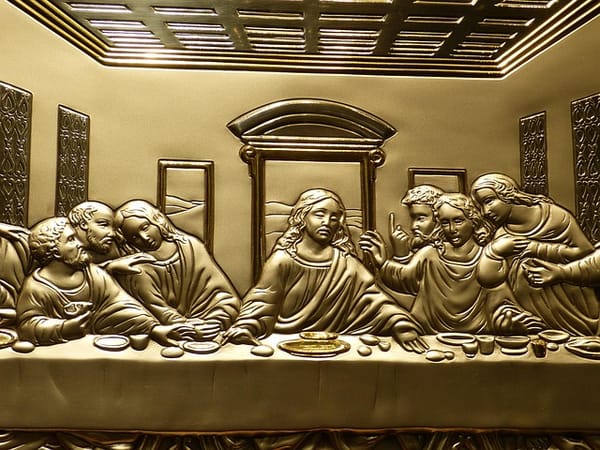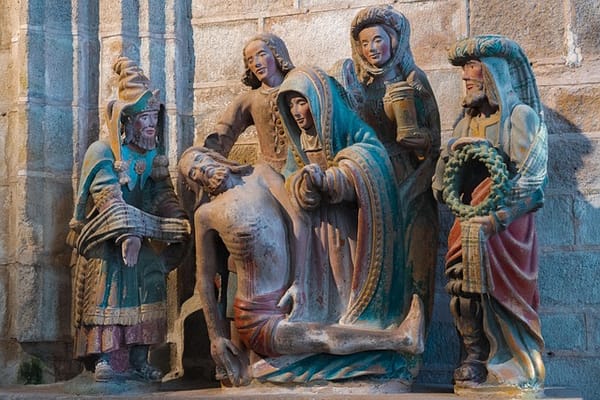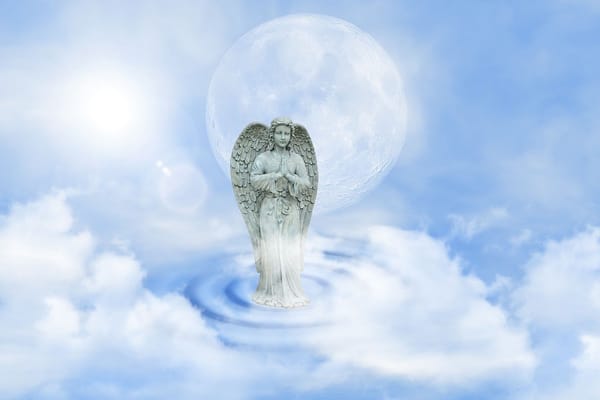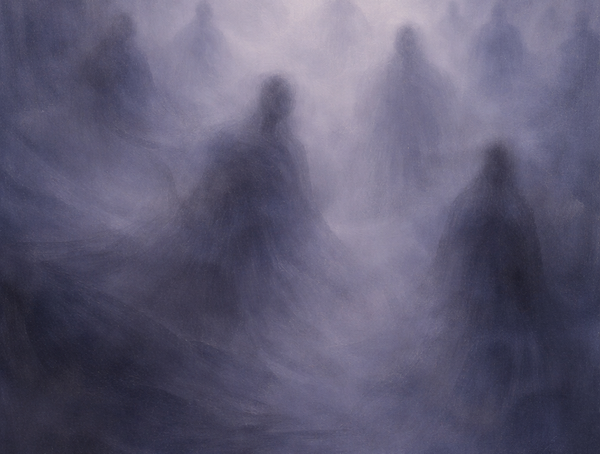Cosa Nostra versus Grail Impulse in Social Life
Compared to 50 or 100 years ago, the number of people with higher education is staggering.

Compared to 50 or 100 years ago, the number of people with higher education is staggering.


Populism in politics can be an extension of the family-cocoon —warm but cunning— and the karmic danger (hive-mind, opportunism, corruption of the public sphere). This is indeed a counter-gesture to today's task of cultivating objectivity, truth, and real merit as the basis of public life.
The Grail is the cup upheld by Joseph of Arimathea to collect the Holy Blood at the cross. This cup is thought to have served at the Last Supper. The Grail Cup in social life, is the formation of circles or assemblies, to come to more encompassing views, and to form together points of view that are true to reality, so as take decisions that are representative all interests involved. It is the complement of the pyramidal hierarchical structures that finds its existent in competence.
Political populism is a phenomenon that can be identified as fitting rightly in certain lower soul regions, of the astral body one could say: likes, dislikes, affections, instinctive cunning. It thrives on sympathy and antipathy rather than truth or objective order. It belongs to what Steiner would call blood ties—the old warmth of kinship extended into modern life. When this instinct dominates, it blocks the step into the objective public sphere where reason, law, and true knowledge should rule.This explains why it feels “warm” and exciting to those inside it, and why “cold” objective judgment is resisted: one lives still in the cocoon of blood-soul warmth.
We could point out that this stance extends the family into politics: “our cause,” “the club,” “the friends.” It is not yet the polis—which came about in Ancient Greece— as a space of impersonal law and justice, but a tribal/familial echo. What counts is loyalty, favors, admiration—rather than capacity or truth. The soul-forces are bound downward, into a group-soul, rather than upward into individuality.
In this sense, vriendjes-politiek, namely nepotism, is a residue of the “hive-mind,” inappropriate for our epoch of individuality. It traps people in pre-modern modes of cohesion, but without their original innocence.
The warmth it offers is nourishing to opportunists: everyone feels held in a circle of mutual interest. But it is warmth at the expense of truth. Opportunism gravitates toward it naturally, like moths to a flame.
What is lost is precisely what the times demand: the courage to live in the cool head of objective reality and the higher warmth of spirit. Instead of true merit, the currency becomes favors and adulation. This stands in sharp contrast with the demands of the times.
In today's Michaelic age, the challenge is to step beyond blood-warmth into spiritual brotherhood, beyond sympathy/antipathy into truth. Instead of rising to free recognition of the others as bearers of spirit, to form together assembly's and circles. While the pyramidal structure still has its place based on skills and merit, today new social forms need to come in. Compared to 50 or 100 years ago, the number of people with higher education is staggering. Humanity is coming into its own through acquired maturity and competence. An enfantilizing central authority is discourages responsibility, and is out of place. In stead, citizen need to step up into a participation role in society society.
As it is today, compartmentalizing the top of society only serves hoarding of power and capital, rather than to let it operate according to specific circumstances in society. Today it is no longer about competition, far more about collaboration and cooperation, about co-dependence, as a basis of new relations in the 21st century.








